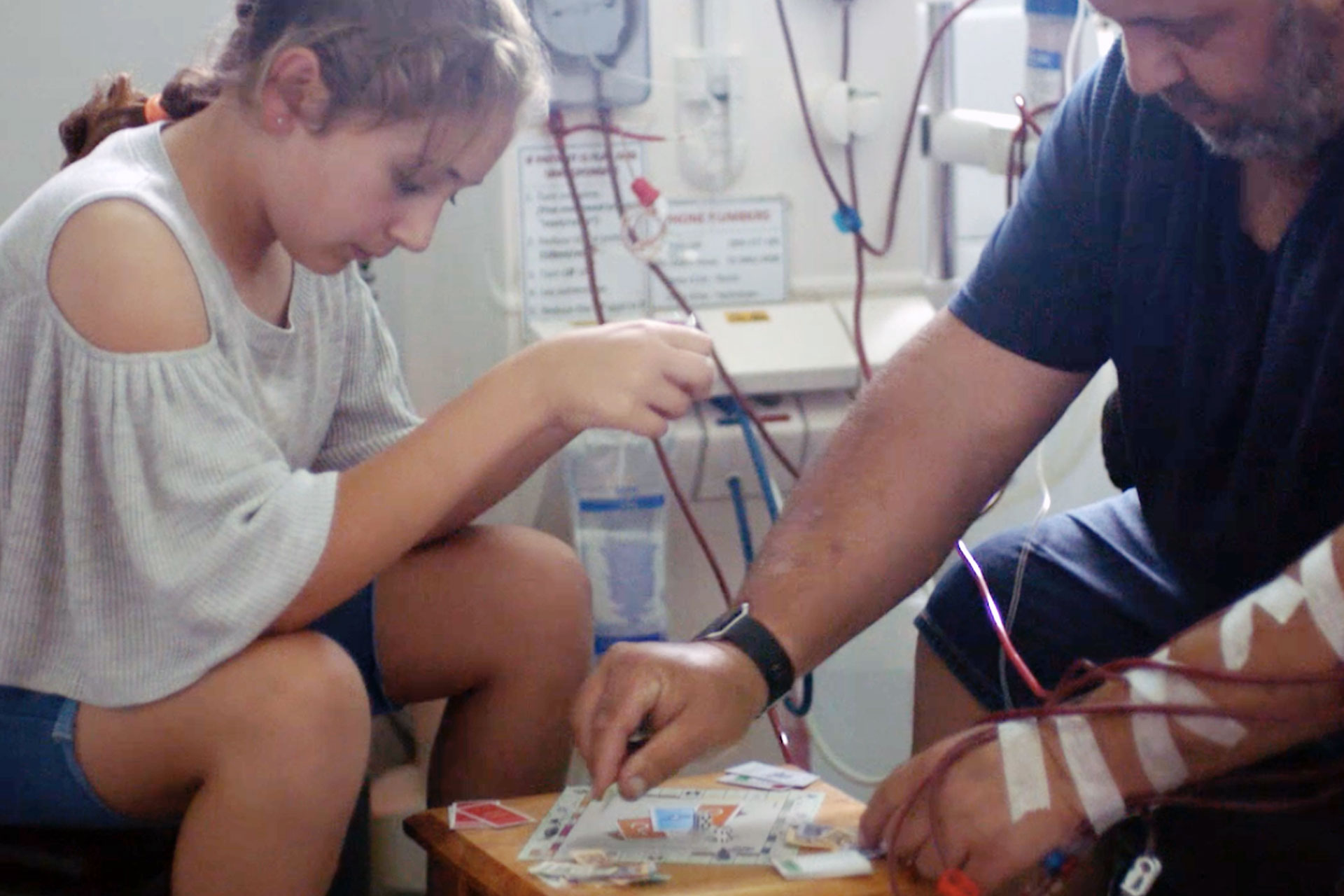-
Nearly six million Australians are living with at least one dental or oral health issue, according to new Medibank data released today.
Findings from the Medibank Better Health Index1 – which surveys 1,000 Australians every week – show 5,707,000 people are affected by at least one dental or oral health issue2, with females making up 55 per cent of this total figure3.
The Medibank data has been released following a new government report which reveals considerable median waiting times for public dental support, with the average wait for general dental care exceeding one year in multiple states. The report also outlines that while 36 per cent of Australians are eligible for public dental care, current funding for oral health services only allows for 20 per cent of the eligible group to be treated.
Medibank Chief Medical Officer, Dr Linda Swan says: “It’s clear from these findings that millions of Australians are living with dental and oral health concerns. We know that if left untreated, periodontal disease may contribute to a range of more serious chronic health conditions – from diabetes to heart disease – so it’s concerning to see that those requiring dental support may be waiting a year or longer to be treated, or not being able to be seen at all, under the public system.”
“While in Australia we’re lucky to have a world class public health system, most dental care is not covered by Medicare. This means those with painful dental conditions who do not have health insurance may be forced to pay high out-of-pocket expenses to get in quickly and be seen privately. In contrast, people with health insurance extras cover will likely face little to no wait, and have the benefit of selecting their own specialist.”
Tooth decay on the rise in recent years
Of the conditions surveyed, tooth decay was found to be the leading dental or oral health issue facing Australians, affecting 14.7 per cent – equivalent to 2,759,000 million people. And while the percentage of those affected by tooth decay was found to decline overall since 2012-134, the data shows that in recent years, this has begun to once again increase, with an upswing from 13.9 per cent in 2014-15 to 14.7 per cent in 2016-17. This represents an increase of 216,000 Australians.
Interestingly, males were more likely to be affected by tooth decay than females – at 16.5 per cent compared to 13 per cent – however, females were far more likely to struggle with sensitive teeth, with a whopping 18.9 per cent affected, compared to just 9.9 per cent of males.
“It’s concerning to see there’s been an upswing in the percentage affected by tooth decay in recent years, as this may reflect a trend towards poor oral hygiene or diets higher in sugar. Regardless of whether you’re experiencing dental health symptoms or not, it’s important to get a dental check-up at least once a year to ensure everything is in order and any issues can be caught early on,” Dr Swan continued.
Keeping your teeth healthy
Dr Swan recommends the following tips to keep your teeth healthy and help prevent tooth decay:
- Brush correctly: It’s important you brush your teeth at least twice a day to prevent plaque build-up, as this can lead to tooth decay and gum disease. Using a pea-sized amount of toothpaste, brush your teeth softly and in circular motions. Avoid brushing too hard as this can cause your gums to recede.
- Floss regularly: Flossing is essential in protecting your teeth and gums. Aim to floss at least once a day, morning and/or night, to avoid food building up between teeth.
- Avoid smoking: It’s best to avoid smoking completely. Not only can it lead to a number of dental issues, including stained teeth and tooth loss, but it can also increase your risk of mouth cancer.
- Reduce sugar intake: It’s best to limit your consumption of fizzy drinks, chocolate and sweets, as these foods contain high amounts of sugar which can significantly contribute to tooth decay.
- Visit the dentist at least once a year: Having an annual dental check up will both help prevent dental health issues, and catch any problems early on. Medibank offers 100% back5 on your annual dental check up for those with Extras cover.
Wondering if you should go for a manual or electric toothbrush? Or how to care for your teeth when you have braces? Visit our Healthy teeth collection for everything you need to know.
5.7 million Aussies living with dental health issues

1. Research from the Medibank Better Health Index, conducted by Roy Morgan Research. Data collected between July 2016 to June 2017.
2. Conditions surveyed include: tooth decay, gum problems, canker sores, coated tongue, sensitive teeth, and TMJ syndrome.
3. 3,138,000 million females, compared with males at 2,569,000.
4. Affecting 15.1% in 2012-13.
5. 100% back for any Medibank member with extras cover at Members’ Choice providers. 2 month waiting period applies. Excludes x-rays.
-
Innovating for members living with chronic disease
Medibank is supporting our members living with chronic diseases such as heart disease, arthritis, and diabetes, through our CareComplete programs.
-
Medibank’s palliative care at home trial
Giving our customers choice in where they would like to receive their end-of-life care can provide dignity, privacy and help them retain control over the care they receive.
-
How your phone habits affect your sleep
And what it means for your mental health, hormones and more.
-
Medibank trialling haemodialysis at home
Giving members with chronic kidney disease more choice
-
The origins of western and eastern medicine
Two schools of thought explained
-
Almost half of hospital patients are looking for more support
Find out how Medibank is helping.
Subscribe to receive the best from Live Better every week. Healthy recipes, exercise tips and activities, offers and promotions – everything to help you eat, move and feel better.
By clicking sign up I understand and agree to Medibank's privacy policy






